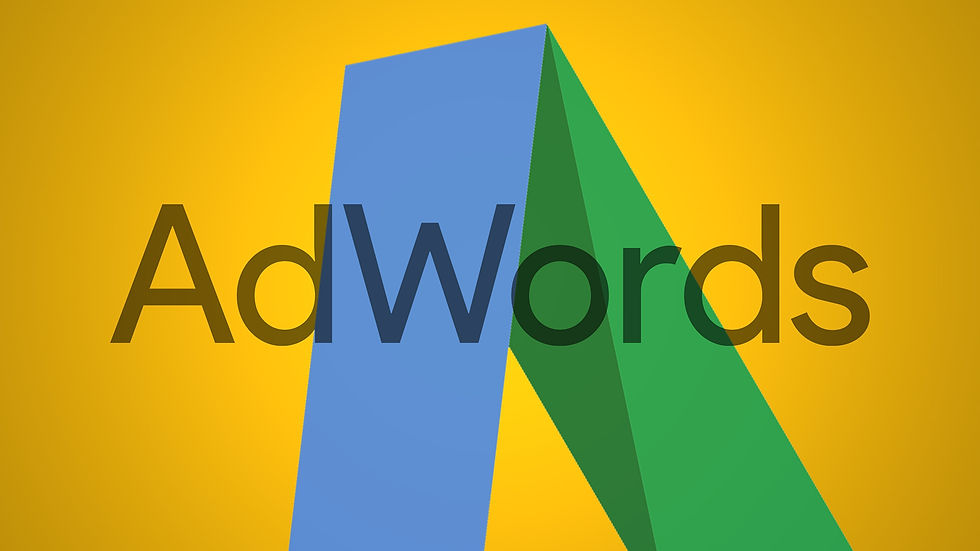With third EU antitrust complaint, Google confronts $20 billion in potential fines
- Fahad H

- Jul 14, 2016
- 2 min read

As expected, the European Commission (EC) filed a third “Statement of Objections” against Google parent Alphabet Inc. on Thursday. The antitrust regulator has also amended charges associated with the initial shopping search case. That means Google is now battling three active antitrust cases in Europe simultaneously.
The new charges focus on exclusivity provisions in Google AdWords agreements (“AdSense for Search“) with third-party publishers, which allegedly prohibited them from using competing ad services. According to a report in The Wall Street Journal (WSJ):
In the advertising case, the EU has specifically targeted part of its service called AdSense, through which Google provides third-party websites search functions embedded in their sites. The EU accuses Google of imposing restrictions on the way those third-party websites display search ads from Google’s rivals.
The “supplementary statement of objections” is intended to respond to Google’s arguments against the original EC contentions in its shopping “search bias” case:
The EU also said it was “strengthening” its case against Google in shopping with the supplementary charge sheet, which “outlines a broad range of additional evidence and data that reinforces the commission’s preliminary conclusion.”
AdSense for Search is one of the early ways that Google built its brand and paid-search ad revenues. Today, however, it represents a declining portion of Google’s overall revenue.
The supplementary statement seeks to address arguments in Google’s responses to the EC’s original statement of objections, fortifying its position in the event of eventual legal challenges in Europe’s top courts. Google has argued that 1) the evolution of its (shopping) search results has been about improving the overall user experience; and 2) that the competitive market the EC examined is too narrowly drawn and doesn’t include Google rivals such as Amazon or eBay.
The WSJ quotes European Competition Chief Margrethe Vestager rejecting that latter position: “The facts unveiled by our investigation do not support” Google’s arguments about the expanded competitive set. (While eBay might not make the cut, Amazon is clearly a competitor in product search.)
In addition to the new AdSense for Search charges and existing shopping search case, Google also faces antitrust charges involving its Android-OEM contracts.
Google’s 2015 revenues were roughly $75 billion. Each antitrust case carries potential financial penalties of up to 10 percent of the company’s global revenues. While that’s unlikely, it means Google could face more than $20 billion in potential fines.




Comments